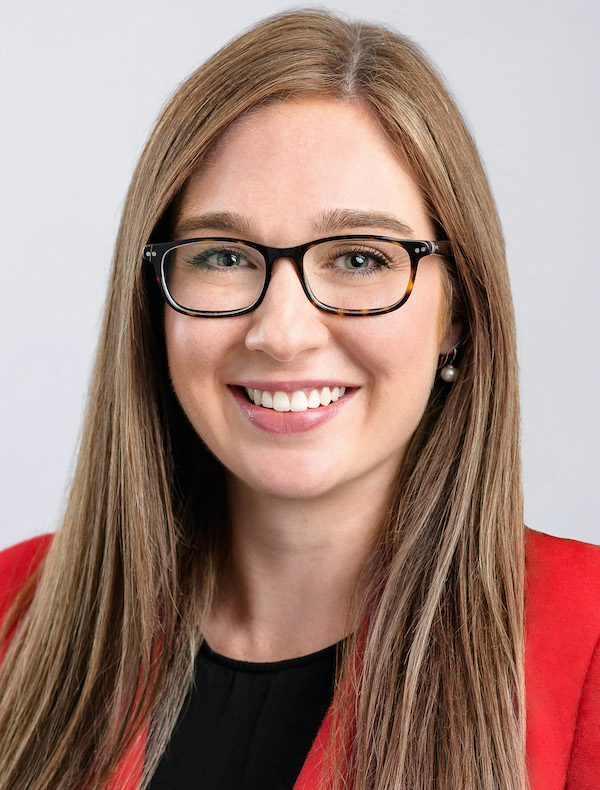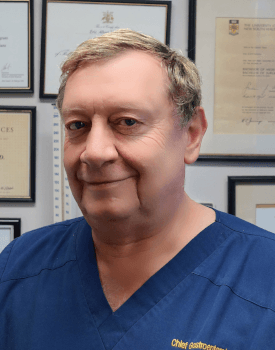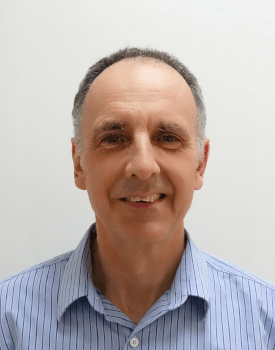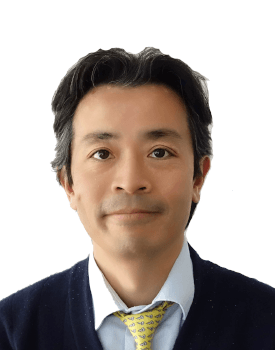REFLUX DISEASE (“Heartburn”)
REFLUX DISEASE (“Heartburn”)
Reflux disease is also known as heartburn, reflux oesophagitis, or indigestion, and is due to normal stomach acid (and bile) regurgitating into the food pipe (oesophagus). Reflux is not caused by too much acid, but is due to acid in the wrong place (ie the oesophagus). Some people call it indigestion. Doctors call it gastro-oesophageal reflux disease (GORD) or reflux.
What causes reflux?
Reflux is due to stomach acid rising up to the oesophagus where it can cause pain and inflammation. Occasionally reflux is associated with food or fluid coming into the mouth. This is called regurgitation. If reflux symptoms occur regularly they may be distressing and need treatment.
What are the symptoms of reflux disease?
• Chest pain.
• Burning behind the breast bone.
• Acid / bile taste in the mouth.
• Excessive saliva (“waterbrash”).
• Foul taste in mouth.
• Hoarse voice.
• Dry cough.
• Wheeze (difficult to control asthma).
• Tingling of tongue.
• Problem with enamel on teeth.
Does my diet cause reflux?
Many people who have reflux have symptoms no matter what they eat. Sometimes, however the foods we eat can make reflux worse. Problem foods include large meals, fatty foods, chocolate, coffee, alcohol, cigarettes, cola drinks and peppermint. Some people know that a particular food gives them reflux. You should avoid food situations that you know can cause you trouble. For example, don’t have a meal just before going to bed or drink a lot of coffee at the end of the day. People generally do benefit from losing weight if they are overweight.
Do I need any tests?
Reflux disease is a diagnosis based on symptoms. Sometimes it is recommended that you have a gastroscopy to assess the degree of damage, diagnose a hiatus hernia, and look for any complications.
How is reflux treated?
There are extremely effective forms of treatment to control the symptoms of reflux. Certain lifestyle changes (such as an earlier evening meal and elevation of the head of the bed) may also be required. Which treatment depends on the severity of the symptoms. Mild or infrequent symptoms often respond to antacids which neutralise the acid produced by the stomach. Other people may require drugs that reduce the amount of acid in the stomach. Treatment is very effective and safe.
Will I need to take medicine forever?
Unfortunately most people who have reflux continue to have trouble if they don’t take medication. However many patients are able to take their treatment on an “as required” basis. If you think this would suit you best, discuss it with your doctor.
Are there surgical options for treating reflux?
A small percentage of people require surgery for control of their reflux disease. The surgery is performed through a “keyhole” approach called laparoscopy. Surgery is usually reserved for patients who have severe symptoms, or those whose symptoms are not relieved adequately with medication alone, or those who do not want to take medications long term.
OUR SPECIALISTS
SERVICES
OUR ADDRESS
| Level 10 & 11, 1 Newland Street Bondi Junction NSW 2022 |
| Level 10 : Procedures |
| Level 11 : Consultations |








